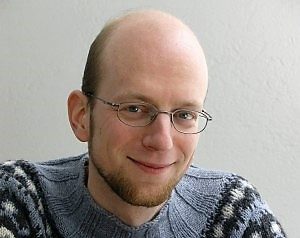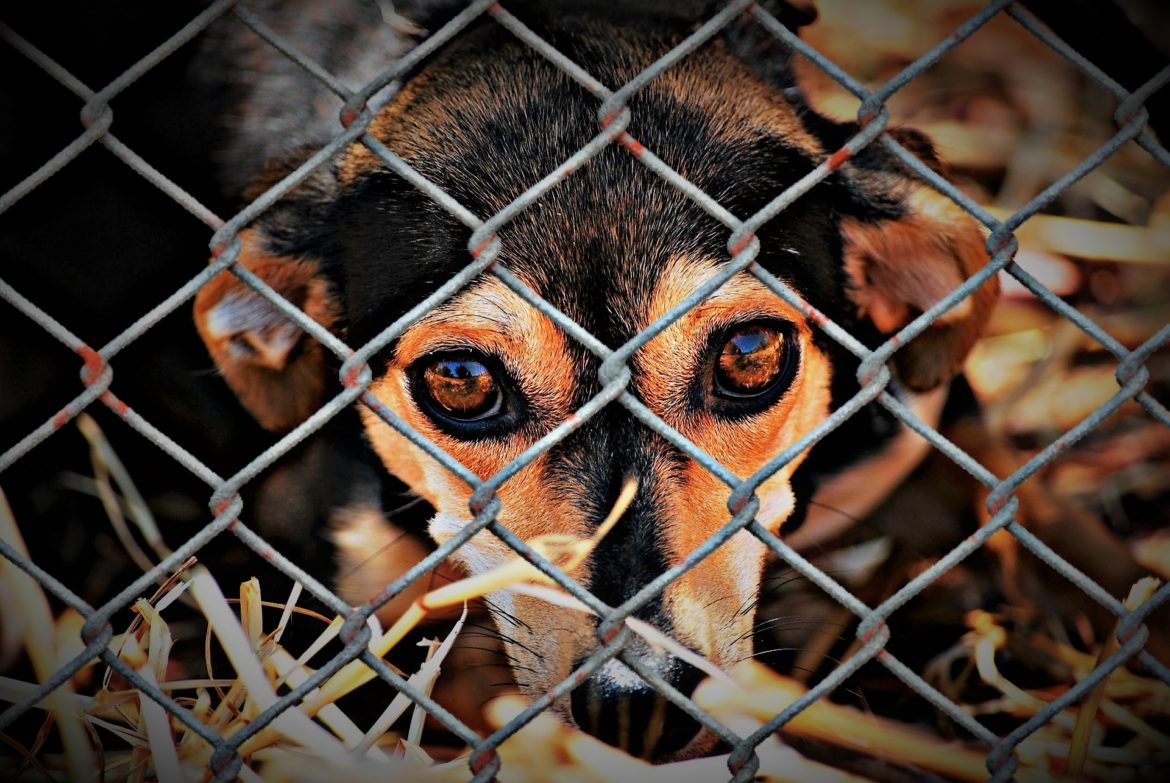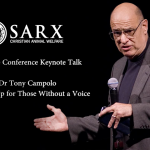Dr Panu Pihkala of the University of Helsinki uncovers and challenges the socially constructed silence which facilitates so much of today’s animal suffering.
 Elephant in the Room. People know about it, but somehow they find ways not to speak about it. Everybody just seems to be pretending not to notice it.
Elephant in the Room. People know about it, but somehow they find ways not to speak about it. Everybody just seems to be pretending not to notice it.
The scholar Eviatar Zerubavel has done pioneering work in revealing the mechanism of “socially constructed silence”. Zerubavel’s research deals especially with atrocities and the ways in which societies develop silence about them. In a curious way, even if nobody ever sat down and made a deal about it, people act as if there was a secret contract to keep them all silent.
Socially constructed silence is linked with states of denial – the topic of another important scholar, Stanley Cohen. People are astoundingly capable of knowing and not knowing at the same time. Things that are too uncomfortable are pushed out of the view.
A fine way to reveal if socially constructed silence and denial are around is to try to speak about an issue that people find uncomfortable. Scholars of climate change, such as George Marshall, have described the effect as “an invisible force field”. When one tries to raise up the issue, one bumps into the force field. Nothing seems to get through. People start to regard you as suspicious, as one who is not like us, as one who causes trouble.
 Does this sound familiar to people who have tried to discuss animal rights? In my experience, very much so. I think that understanding the mechanisms of socially constructed silence and denial is hugely important for those who wish to engage in fruitful conversations about animal rights.
Does this sound familiar to people who have tried to discuss animal rights? In my experience, very much so. I think that understanding the mechanisms of socially constructed silence and denial is hugely important for those who wish to engage in fruitful conversations about animal rights.
People in principle know that numerous animals are not treated kindly, but they try not to know this, because the truth is too uncomfortable. The role of peer pressure and flock behavior is strong. For example, it is often difficult to raise up the issue of the prevailing habits of meat production, because people fear the reactions of other people. Only when the socially constructed silence is broken by a large enough or skillful enough number of people who raise the issue, do others have the courage to face the topic.
 Feelings of guilt and shame are often behind socially constructed silence and denial. Guilt that is only partly realized builds up pressure, which easily explodes into angry reactions when someone raises a troublesome issue. I think that many people who have not yet done lifestyle changes because of animal rights questions still do feel guilt about the fact that others are suffering because of them. On some deep level, they would like to be able live in ways which enable animals to live better lives, but they are unable to find courage to engage in a process of change – especially because this would cause them trouble among their peers.
Feelings of guilt and shame are often behind socially constructed silence and denial. Guilt that is only partly realized builds up pressure, which easily explodes into angry reactions when someone raises a troublesome issue. I think that many people who have not yet done lifestyle changes because of animal rights questions still do feel guilt about the fact that others are suffering because of them. On some deep level, they would like to be able live in ways which enable animals to live better lives, but they are unable to find courage to engage in a process of change – especially because this would cause them trouble among their peers.
Thus, providing people means to gradually come to grips with their guilt is elementary in overcoming the problematic situation. This is where religious communities have an important role, for they have usually developed sophisticated forms of providing opportunities for processing guilt. Naturally religious communities themselves are also under forms of socially constructed silence about many topics, but basically they have something hugely important to contribute. There is evidently also a need to develop rituals for non-religious people to enable them to process their guilt, but that’s a tricky task.
Christians have a very mixed history as regards environmentalism and animal rights. On one hand, there have been highly important Christian pioneers on these fields. On the other hand, there is a long legacy of Christian communities remaining silent about several of these issues. The gap between Christian ecotheology in general and animal theology in particular has contributed to this theme. I have personal experience of a kind of socially constructed silence about animal rights even in Christian communities which otherwise do a lot regarding environmental matters.
In the 2010s, scholars such as Kari Marie Norgaard have applied socially constructed silence into climate change. Now there is a need to apply it further into animal rights discussion. The first steps are to ask, from ourselves and our community members: what are the things that we are silent about? Deep down, how do we feel about animals and the environment? What emotions are there, perhaps hiding just beneath the surface? How could we together move towards a future where we wouldn’t have to hide our feelings and be secretly ashamed of some of our behavior?
It is not easy to break socially constructed silence. But when that happens, the experience can be hugely liberating for people – and, in this case, for the animals.
Dr. Panu Pihkala is a Postdoctoral researcher in religion and environment, University of Helsinki and Chairperson at A Rocha Finland




